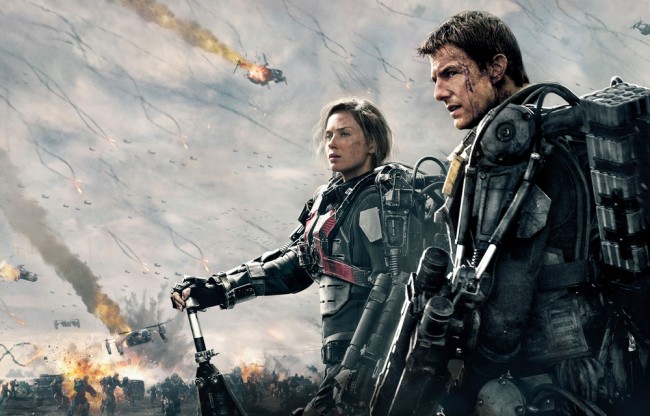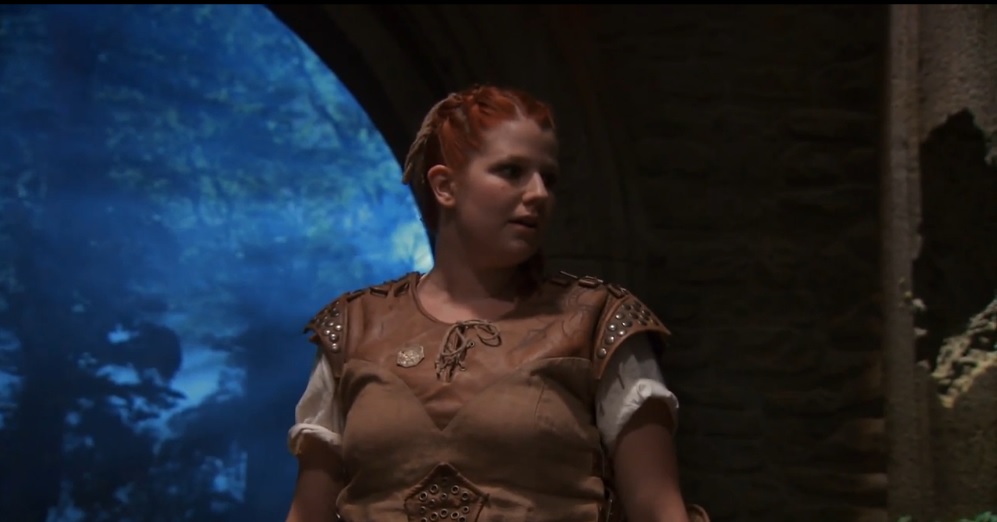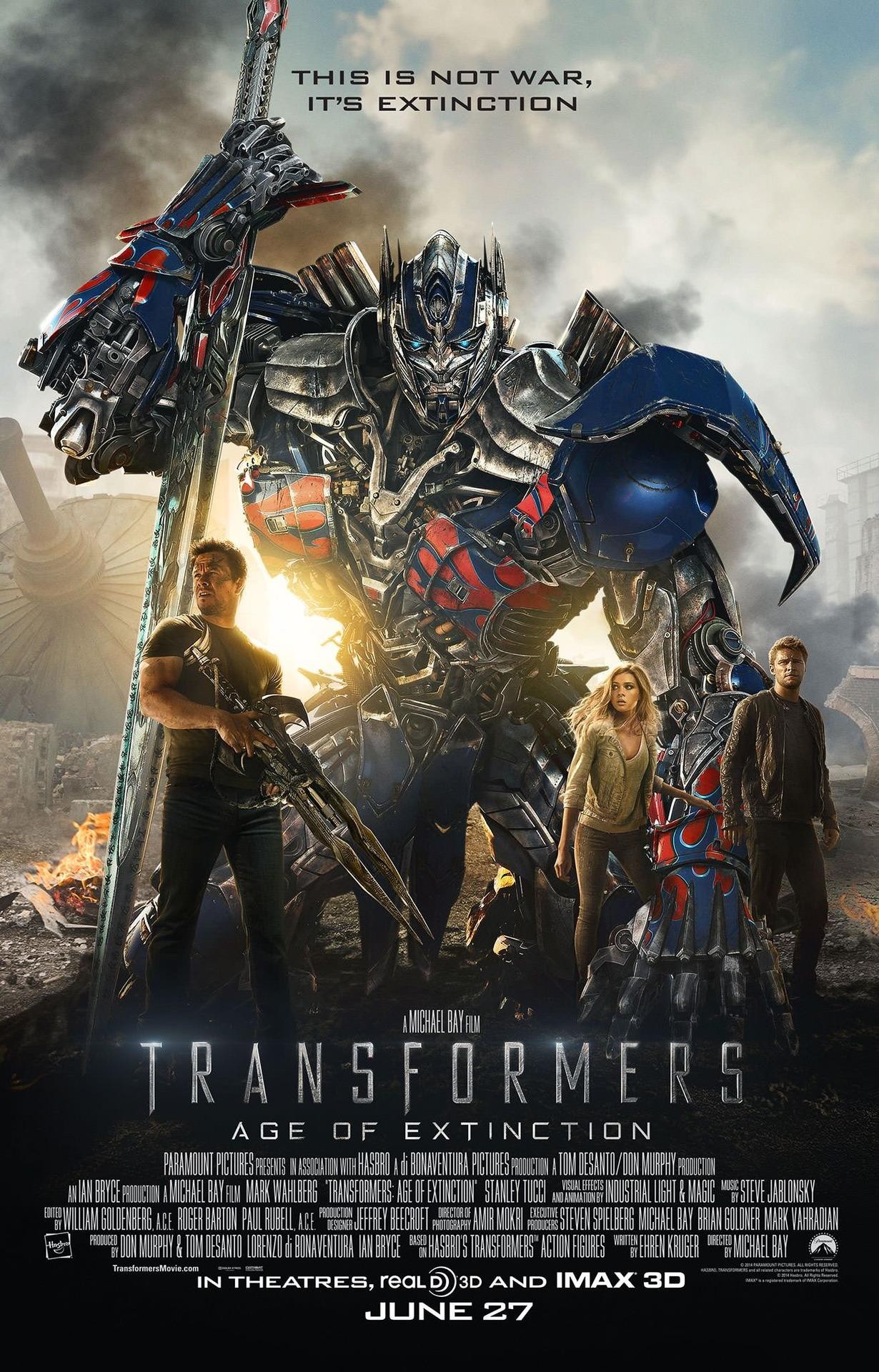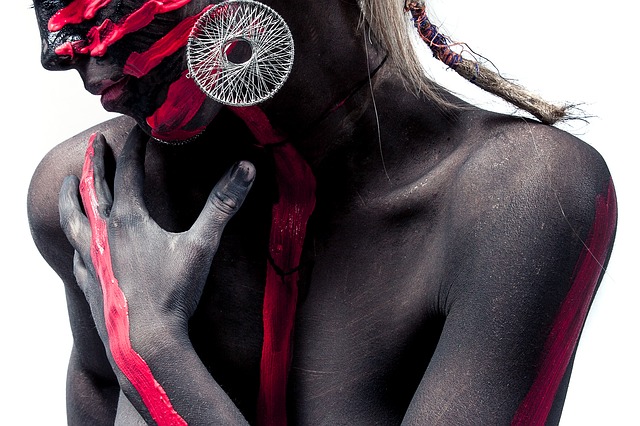“Find me when you wake up,” she says in the movie trailer.
I wasn’t really interested in seeing a movie about semi-mechanized soldiers in the future. I was interested in seeing how Cage (played by Tom Cruise) comes to experience events repeatedly – and why Rita (Emily Blunt) is the hero he is looking for when he wakes up.
I found the answers I was looking for – as well as a movie that expresses gender equality without making it the central purpose of the film. Here’s the movie trailer:
Weaponization is the Ultimate Gender Equalizer
As technology advances, gender and capability becomes less of an issue in modern warfare. These suits would enable (or in practical use, do enable) military personnel to lift x times their typical capacity. This means that when it comes to lifting heavy objects commonly used in battle (such as ammo crates), women and men wearing the suits can lift them effortlessly. The differences in lifting ability become negligible while the ability to use such technology becomes more relevant.
Using this advanced equipment, in the movie, is akin to firing a pistol in real life: anyone with the proper skill and training is not limited by gender when it comes to firing at a target. Weapons advancement is the ultimate equalizer.
“Full Metal Bitch”
Rita is known by two monikers: The Angel of Verdun (referring to a heroic battle victory) and “Full Metal Bitch,” referring to her power and expertise in the mechanized suit. Interestingly, either name reflects an extreme: an ‘angel’ or savior trope or the ‘tough bitch’ exterior in which the characterized woman is uncharacteristically hardened.
The “Full Metal Bitch” moniker is repeated throughout the film, and each time it’s seen or heard, the audience may think something different about it. Rita does get a moment to address the nickname in the course of her day. It’s an occurrence but not a huge deal.
The woman isn’t the only one who gets a meaningful name in this movie – Cage is of course trapped in a time loop, as if in a cage.
On Being Sexy and Displaying Power
Throughout the film, it is evident that Cage grows an interest in Rita. He cares about what happens to her – and there is also an amount of physical attraction. That said, the physical attraction is secondary to survival and working cooperatively when it comes to this team.
When Cage meets Rita, she’s preparing to train in a specialized training zone. There’s a line painted on the ground that says ‘do not cross,’ and Cage crosses it to meet her. She’s in modest workout gear and is stretching in a way that might at first appear sexual or provocative – until the viewer realizes that what he or she is focusing on isn’t necessarily what the camera direction is showing. We are meant to admire Rita’s strength from the very beginning – her evident arm musculature and her show of power as she bares her neck and broadens the top of her chest. It’s an intimidating gesture and done while her body is still mostly on the ground. If we find her attractive, it’s because she’s powerful.
This scene doesn’t take away from either character’s sense of attraction, sexuality, or attractive physical appearance, but it does help the audience frame the pair’s relationship in a different capacity – one unlike what we are conditioned to expect from films about men and women cooperating in survival situations.
Emasculation and the Male Protagonist
Without giving too much away, it’s safe to say that Cage is tossed into a battlefront without specialized military training. He doesn’t even know how to operate a ‘jacket,’ the term used to described the mechanized exo-suits the human soldiers wear. Other male and female servicemembers chide him for his lack of training, making him feel entirely inadequate.
However, every time he encounters Rita, she is focused on winning and working cooperatively. She trains him and helps him discover self-empowerment rather than holding him back from reaching his full capacity as a mechanized soldier. This is shown as not only a healthy friendship, but the most practical and effective means of properly training Cage to endure what he must experience repeatedly in battle.
Balance of Power
Since Cage is the one who experiences the same day over and over again, Rita must place a great deal of trust in him. This balances out the amount of trust he must put in her to make him battle ready. While it does play into his instinct to protect her, his primary objective is to succeed through teamwork. There isn’t time for wondering if the other is capable, it is simply a matter of what must be done to win the day.
The Best Gender Role Reversal is Awesome Because the Characters Don’t Even Notice That It’s a Gender Role Reversal for the Film Audience
Here’s a common scenario:
“It’s nothing. It’s not that bad,” says the male warrior hero as he winces from pain. “Please,” the female healer implores him, “let me have a look at it. I’ll get you some tea and then you will feel comfortable baring your soul to me.” She scurries off to get some tea. When she comes back, the man reluctantly lets her tend to his wound while divulging an important detail about his past.
It happens frequently, especially in films – and it happens in this one, too. The only difference is that the gender roles are reversed. In this film, it is Rita who is wounded and Cage who takes care of her. Neither of them question the roles they inhabit or imply that it’s strange. It’s a perfectly natural development in their friendship.
You can see this spoiler-free scene in one of the official movie trailers:
Gender equality succeeds brilliantly in this film for many reasons:
- It’s so natural and normal for Cage and Rita that they don’t make a big deal about it.
- Neither character has to give up any of their own power to empower the other. Rita sacrifices nothing to make Cage stronger and Cage loses nothing by treating Rita as an equal.
- By deferring to the other’s expertise with trust and without question, both characters function more effectively than they would on their own.
- Overall, the lack of gender hangups helps the film maintain a fast pace and allows the character-to-character interaction to take place over some sort of agenda.
While this isn’t a movie for young kids, films like this can definitely shape upcoming generations in a more equal way. Furthermore, this film is based on a book written by a man, Hiroshi Sakurazaka. Three men wrote the screenplay and it also featured a male director. While it would be wonderful to see more women in these roles in Hollywood, it’s just as awesome to see male feminists (who may or may not self-identify as such) making art, culture, and society places more navigable for women.
Cruise and Blunt also deserve credit here: their reserved chemistry shows that their characters do what they need to do to get the job done first. They aren’t focused on making out; they’re trying to save the world, and it’s very realistic that such is their primary purpose.
This movie is a must-see for anyone who likes futuristic action movies and/or supports gender equal character roles.





